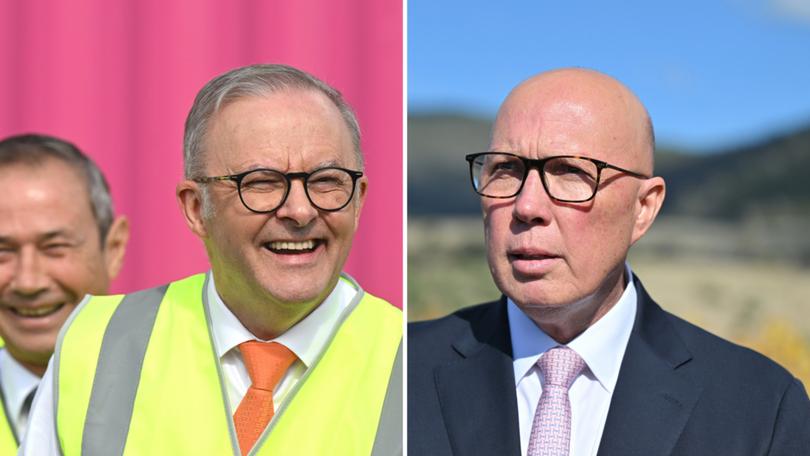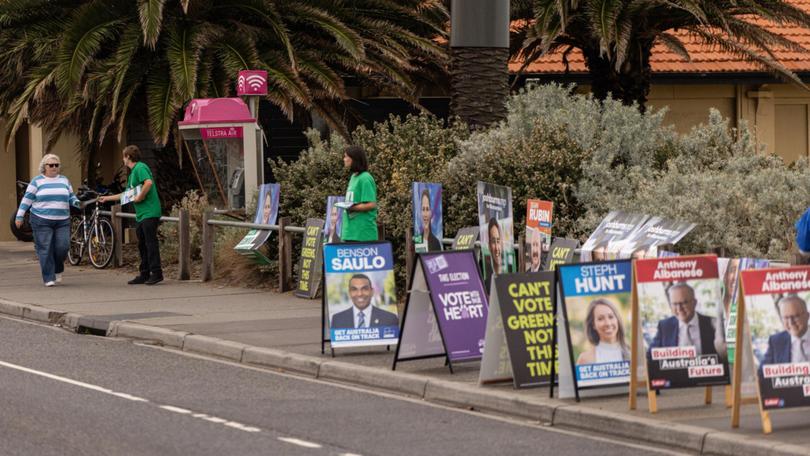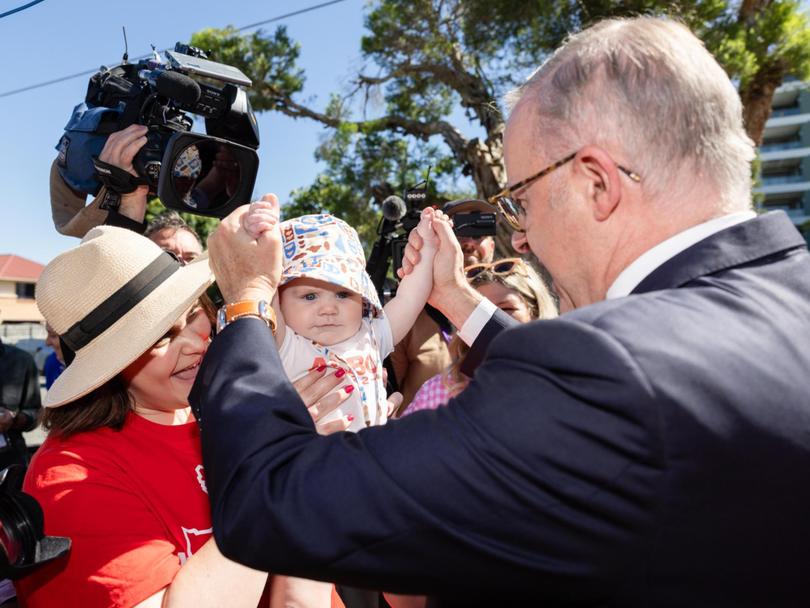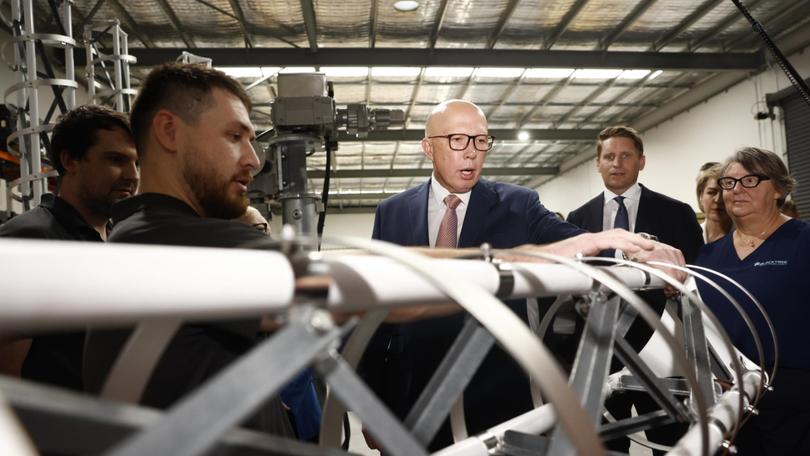Federal election 2025: What will definitely change once the votes are counted
Australia could be set for its most diverse parliament ever. But some national changes are a certainty, no matter who is in charge.

The 2025 federal election has been tightly fought in several areas.
But Australia’s two major parties, Labor and the Coalition, have agreed on some key policies, meaning there are certain changes coming, no matter who wins on Saturday.
The major parties are offering vastly different plans of attack on housing and how to reduce the cost of living, while the Greens and independents could hold even more power in the next parliament.
Sign up to The Nightly's newsletters.
Get the first look at the digital newspaper, curated daily stories and breaking headlines delivered to your inbox.
By continuing you agree to our Terms and Privacy Policy.Saturday’s election result is up in the air, but there has been some common ground with the two major parties.
The area both major parties are willing to talk about, where they differed the least this election campaign, has been health care.
The area they share common ground, but evidently aren’t willing to budge, is tax discounts for property investors.

Health
Labor’s flagship election promise is an extra $8.5bn for Medicare to fund 18 million more bulk-billed GP visits each year, nursing scholarships and more doctors.
The Coalition quickly matched this and promised a $9bn boost.
The Coalition has also pledged to match Labor’s cap of $25 per prescription for medicines covered by the PBS, tipped to cost $689m over four years.
Both of the major parties have also pledged $200m for a 24-hour telehealth service, dubbed “1800MEDICARE”, $575m to add oral contraceptives, menopause hormone therapies, endometriosis and IVF drugs to the PBS, $32m towards Movember, men’s sheds and male-specific mental health services, and funding for healthcare hubs in Burnie, Tasmania and at Adelaide’s Flinders University.
So no matter what the parliament looks like after this weekend – or once all the votes are finally counted – seeing a GP and accessing medicines should be easier for most people.
Housing
Housing has been central to this election, and the two major parties are coming at the crisis from different angles.
Economists warn most of what they’re offering will push up house prices by allowing people to get bigger mortgages.
A chorus of progressive politicians have called for negative gearing and capital gains tax discounts to be scrapped, but this is a change both of the major parties have ruled out.

Both Labor and the Coalition will ban foreign investors and temporary residents from buying existing homes for two years.
Under the next government, first-home buyers may find it easier to scrape together a deposit, but under which scheme will depend on the election result.
Labor has promised $10bn to help developers build 100,000 new homes just for first-home buyers.
The Coalition would let first-home buyers pull money from their superannuation for a deposit and allow the mortgage interest repayments to be tax deductible.
Energy
Energy is arguably the area where policies from the two major parties differ most significantly, with Labor staunchly opposing the Coalition’s plan for nuclear power.
Despite the stark difference in ideas on how power should be supplied to the national grid, both major parties agree Australians need relief from cost-of-living pressures and will knock an extra $150 off each household’s power bill.
A Coalition government would immediately lower petrol and diesel costs by halving the fuel excise (for one year), while Labor would lower the lowest tax rate from 16 per cent to 14 per cent over two years for broader household relief.

The Coalition has a scheme directed at lower income earners too, where such taxpayers would get a one-off tax refund of up to $1200.
Both Labor and the Coalition have also committed to a $10m investment in a new Bureau of Meteorology weather radar for regional Queensland.
AUKUS
Both sides have resoundingly stuck fast with the AUKUS submarines deal, so voters should not expect that $368bn commitment to be unwound.
Defence
For defence more broadly, Labor committed an extra $50.3bn to the armed forces last year and brought the increased spending forward in the March budget. On the campaign trail, the Coalition announced it would spend an extra $21bn by 2030; this included a commitment to lift total defence spending to 3 per cent of gross domestic product within the next 10 years. Australia’s defence spending in 2024-25 is about 2 per cent of GDP.
Both parties have also pledged to regain ownership of the Port of Darwin.

Immigration
Under both parties, net overseas migration will drop significantly. The latest federal budget predicted the net overseas migration count would drop to 260,000 in 2025-26 and then 230,000 in 2026-27
After some confusion, Mr Dutton said his government would reduce Australia’s net overseas migration levels by 100,000.
Net overseas migration was 446,000 in 2023-24, down from 536,000 a year earlier.
The Coalition pledged to triple the cost of student visa applications to $5000 (up from $1600), while a re-elected Labor government would increase the cost of student visa applications to $2000.
Beer
The Coalition has backed Labor’s position to freeze the alcohol excise on draught beer for two years, starting from August 1, 2025. The much-hated tax adds about 1-2 cents per pint bought at the pub, and the move will aid brewers and publicans.
Originally published as Election 2025: What will definitely change once the votes are counted
